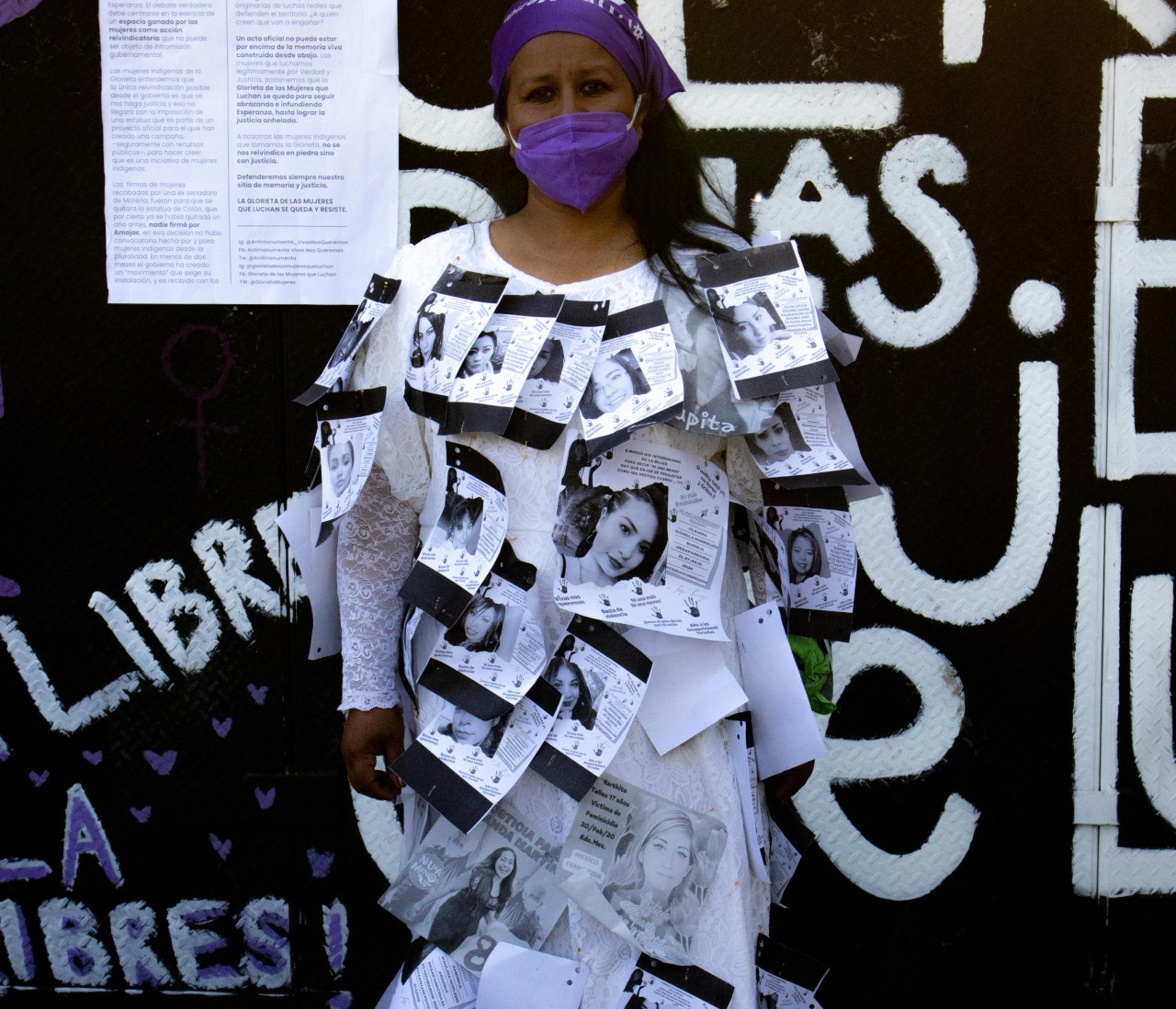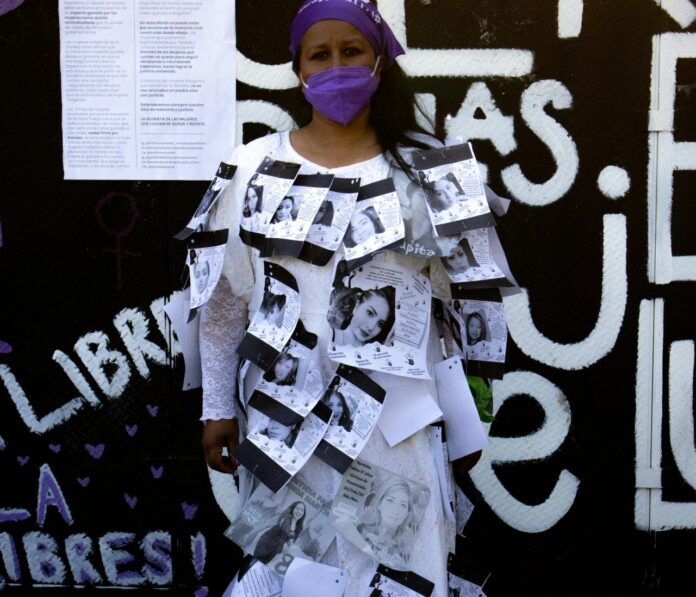|
Getting your Trinity Audio player ready...
|
By Omboki Monayo
As a journalist, I have often witnessed the devastation left behind by incidents of intimate partner violence or what is commonly termed as gender-based violence (GBV).
The chilling images of a hotel room featuring previously satin white beddings and floor tiles splattered with bloodstains still echo in my memory to date. They form a stark and gruesome painting of the scene I encountered a few years ago in Kisii Town’s Daraja Mbili estate, stained crimson in the brutal aftermath of a domestic dispute.
Juliet and Robert, a couple once the envy of their community, had begun the evening in the hotel room, but now lay admitted in separate wards within the same medical facility, their love story tragically rewritten in violence. Their case is a stark reminder of the devastating consequences of domestic violence.
At first glance, the couple’s relationship seemed idyllic. Four years of marriage, built on mutual affection and shared dreams. Robert, a sugar factory technician, was known for his quiet diligence; Juliet, a successful dressmaker, possessed a vibrant, social, talkative spirit and an independent streak. Yet, beneath the veneer of what seemed like a happy marriage, the cracks of division were silently widening. Robert’s temper, fueled by a traumatic past, simmered beneath a calm exterior. Perhaps Juliet’s outspoken independence challenged the traditional power dynamics he was accustomed to.
That fateful night began with an argument, sparked by Robert’s simmering suspicions of infidelity stemming from Juliet’s previous attendance at a relative’s funeral. What started as a heated disagreement rapidly boiled over, culminating in a horrific act of violence. Robert, in a blind rage, unleashed a brutal machete attack, leaving Juliet a bleeding, terrified, naked, screaming, and disoriented patron rescued from their hotel room hallway by horrified staff. Robert’s botched attempt at suicide, saw him swallow a toxic chemical cocktail, escape from the room through the window, and throw himself before an oncoming lorry at the Kisii-Kisumu highway. He, too, ended up hospitalized, his actions leaving him handcuffed to the hospital bed, facing potential manslaughter charges.

The aftermath was a landscape of shattered dreams and broken trust. Juliet’s family and the community grappled with the unimaginable: how could such love turn to such cruelty? The questions hung heavy in the air, reflecting the complexity of domestic abuse.
Weighed down by this tragedy, I was compelled to explore the underlying dynamics.
Kenya’s gender-based violence (GBV) statistics are stark. One in three Kenyan women experience intimate partner violence. But the reality is far broader; men also suffer abuse, with most choosing to hide their experiences due to shame and societal expectations of masculinity as the ability to successfully mete out violence to opponents, including females.
While there’s no excuse for violence, understanding the factors that contribute to these horrific acts is vital in preventing future incidents.
Juliet and Robert’s incident highlights the often complex interplay of personal struggles, societal pressures, and the insidious erosion of trust that can lead to explosive outbursts of anger. The impact transcends individuals, reaching families, friends, and the wider community, creating ripple effects of trauma and fear.
Despite the horrifying violence, there was a glimmer of hope amidst the despair. Juliet and Robert found a way to forgive one another for their roles in the tragedy. While Robert succumbed to his injuries just a week later, Juliet’s recovery after one grueling month in the ward brought a measure of solace, though she is permanently scarred from the attack. Their journey underscores the strength of the human spirit and the possibility of forgiveness, even in the face of immense pain.
We must challenge the roots of the problem: the societal norms that normalize controlling behavior, the gender stereotypes that perpetuate power imbalances, and the pervasive silence that allows abuse to fester. We must empower individuals to recognize warning signs and provide the necessary support to end abusive cycles.
This means providing resources for victims, fostering open communication about healthy relationships, and holding perpetrators accountable. It means teaching conflict resolution, promoting empathy, and fostering a culture where compassion overcomes cruelty.
As the year comes to an end, we are marking the 16 Days of Activism against Gender-Based Violence, it’s not enough to merely condemn the violence. We must also face the darkness that sometimes pervades our lives, at a deeply personal level.
I don’t know what your partner, male or female, has done to you. I also don’t pretend to be an expert in healing or recovery from betrayal or whatever pain you have been caused. My plea is however simple, humble, and insistent. Please walk away before you make a decision you will live to regret. You can grieve and rejoin the broken pieces as you go your separate ways and begin afresh. No one is worth the unforgettable stain of needless bloodshed and even murder.
Omboki Monayo is a journalist and communication consultant at Kaski Creatives. The views expressed in the op-ed are his own and do not reflect the position of the publication’s editorial board.














